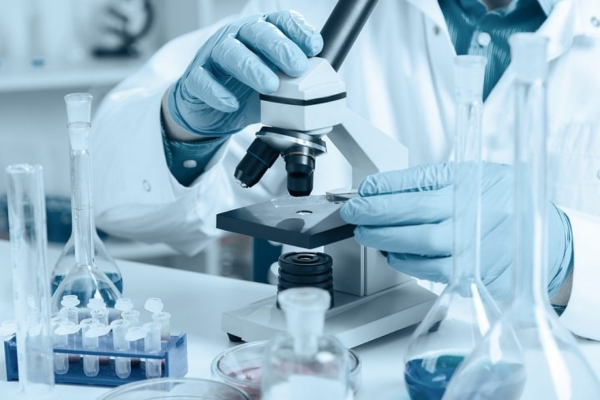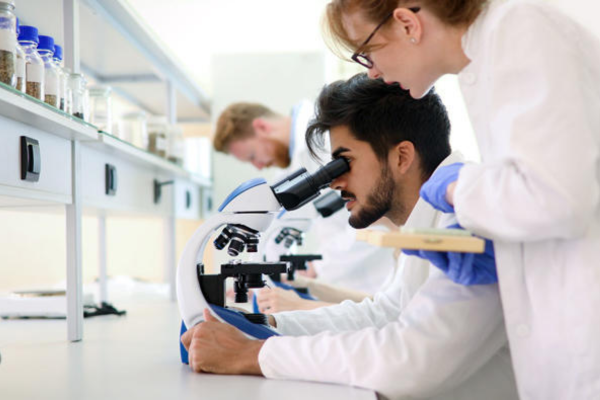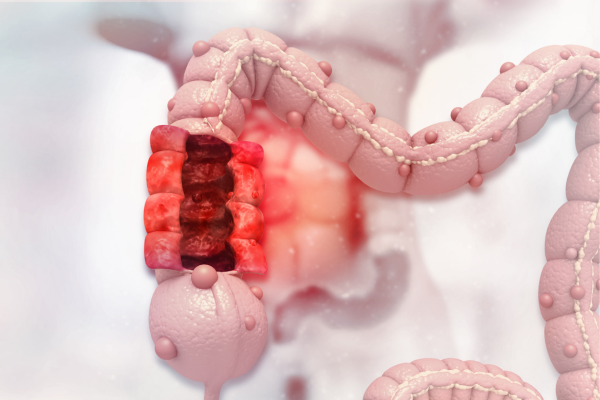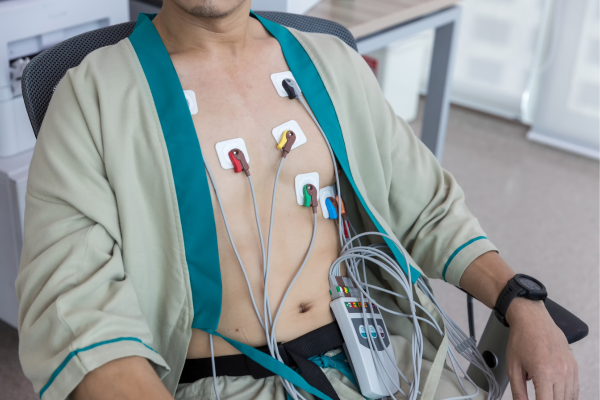
Clinical Biochemistry

Clinical biochemistry is a branch of laboratory medicine that focuses on the analysis of body fluids, particularly blood and urine, to assess a patient's health and diagnose various medical conditions. This field combines principles of biochemistry, molecular biology, and analytical chemistry to measure and interpret the levels of specific substances, enzymes, hormones, proteins, electrolytes, and other biomolecules present in bodily fluids.
Microbiology is a diverse and crucial field within the realm of biological sciences that focuses on the study of microorganisms.These organisms include bacteria, viruses, fungi, parasites, and other microscopic entities that play pivotal roles in various ecosystems, human health, and industry. Understanding microbiology is essential in comprehending the fundamental aspects of life on Earth and its impact on numerous facets of our existence.
Microbiology

Pathology

Pathology is a critical branch of medical science that examines the nature and causes of diseases. It encompasses the study of structural and functional changes in cells, tissues, and organs, enabling the diagnosis, understanding, and management of various health conditions. Pathologists are integral members of the healthcare team, employing a range of techniques to investigate the underlying mechanisms and manifestations of diseases.
An electrocardiogram (ECG ) is a diagnostic test that records the electrical activity of the heart. This non-invasive procedure helps healthcare professionals assess the heart's rhythm, rate, and overall electrical conduction system. It's a fundamental tool used in cardiology to detect various heart conditions and abnormalities.
ECG

EEG

An electroencephalogram (EEG) is a diagnostic test that measures and records the electrical activity of the brain. This non-invasive procedure involves placing electrodes on the scalp to detect and amplify the brain's electrical impulses. EEG is a valuable tool used in neurology to assess brain function, diagnose various neurological conditions, and monitor brain activity in real-time.
Spirometry is a common pulmonary function test used to assess lung function by measuring the volume and flow of air that a person can inhale or exhale. It is a non-invasive and painless procedure performed with a device called a spirometer. This test helps healthcare professionals diagnose respiratory conditions, monitor lung diseases, assess the effectiveness of treatments, and evaluate overall lung health.
Spirometry

Endoscopy

Endoscopy is a medical procedure used to visualize and examine the interior of hollow organs or body cavities using an instrument called an endoscope. This minimally invasive technique allows healthcare professionals to directly view and diagnose abnormalities, take tissue samples (biopsies), and perform certain treatments without the need for major surgery.
Colonoscopy is a medical procedure used to examine the inner lining of the colon (large intestine) and rectum using a flexible tube called a colonoscope. It's a valuable screening and diagnostic tool that allows healthcare providers to detect abnormalities, such as polyps, tumors, inflammation, or bleeding, and perform interventions like biopsies or polyp removal.
Colonoscopy

Sleep Study

A sleep study, also known as polysomnography (PSG), is a diagnostic test used to evaluate and diagnose sleep disorders. It involves monitoring various physiological parameters during sleep to assess patterns of sleep stages, breathing, brain activity, heart rhythms, and muscle movements. This comprehensive analysis helps healthcare providers identify sleep-related issues and formulate appropriate treatment plans.
Holter monitoring is a diagnostic procedure used to continuously record and analyze the heart's electrical activity over an extended period, typically 24 to 48 hours. This monitoring helps healthcare professionals detect irregular heart rhythms (arrhythmias) that may not be captured during a standard electrocardiogram (ECG) performed in a clinic or hospital setting.
Holter Monitoring

Master Health Checkup

A master health checkup, also known as a comprehensive health screening or executive health checkup, is a thorough medical examination aimed at evaluating an individual's overall health status, detecting potential health issues, and preventing diseases before they become more serious. This comprehensive checkup involves a series of tests and assessments across various medical specialties to provide a comprehensive overview of one's health.
Genetics is the scientific study of genes, heredity, and genetic variation in living organisms. It encompasses a wide range of disciplines that explore the mechanisms of inheritance, genetic traits, DNA structure, and how genes influence the growth, development, and functioning of organisms.
Genetics


